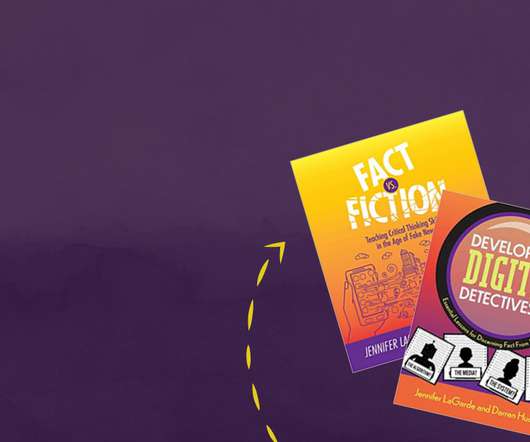When Pushing Boundaries in Math Education, Where Can Teachers Turn For Help and Camaraderie?
MindShift
MARCH 25, 2018
Earlier this year, math educator and Demos executive Dan Meyer published a piece entitled “Lonely Math Teachers” in which he raised the shortcomings of social media and the need for innovative math teachers to connect online. At its best, he argues, Twitter can be an invaluable tool for professional development among educators.















Let's personalize your content